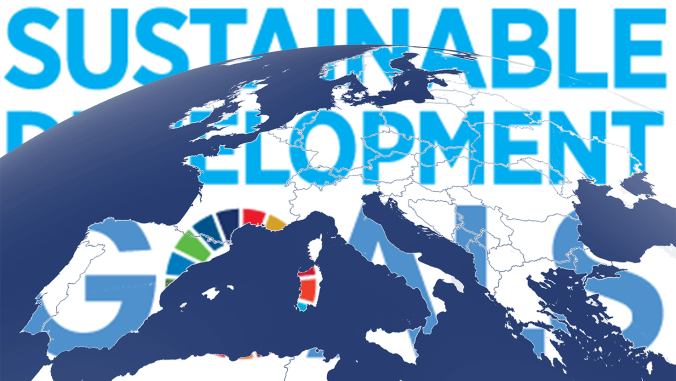European Parliament Backs Tough E-Waste Proposals
<p> Draft legislation in Europe would force electronic goods manufacturers to pay for countries to collect 85 percent of e-waste.</p>

E-waste - CC license by Samuel Manns/Flickr
Tighter rules governing the handling of electronic waste could soon be introduced across Europe, after Members of the European Parliament (MEPs) this month voted through new targets for the collection, recycling and reuse of waste electronic equipment, and tougher measures to prevent its export to developing countries.
Voting on a draft update to the 2003 Waste Electronic and Electrical Equipment (WEEE) directive, MEPs backed targets for 2012 that would compel member states to collect 4 kg (about 9 pounds) of e-waste per inhabitant. However, if this total proves to be lower than the amount of e-waste collected in 2010, member states will have to at least match the amount of waste collected last year.
Additional targets would require 85 percent of the e-waste produced by member states to be collected from 2016, a likely increase on the current weight-based target.
Under the proposals, producers of e-goods would by charged to pay towards their disposal.
MEPs also recommended a 50-75 percent recycling target, depending on the type of e-waste, as well as a new goal to ensure 5 percent of e-waste is reused.
Finally, the draft text included new rules on the illegal export of waste for treatment, which makes it illegal to send broken electrical equipment overseas. The new rules would attempt to crack down on British and European companies that have been accused of falsely declaring shipments of waste as "reusable" in order to export them for breaking down in the developing world.
The new proposals put the burden of proof that the goods are reusable on the exporter and back Commission plans for stricter inspection of shipments.
German MEP Karl-Heinz Florenz, who tabled the original draft legislation in February, said that by voting to adopt the recommended changes by 580 votes to 37, Parliament had "sent a strong message" that it wants to see these rules adopted.
"We can no longer afford to waste our waste," he said. "Public authorities, manufacturers and consumers all need to play their part to ensure we collect and recycle more of our electrical and electronic goods."
The European Council will now consider the proposal ahead of a possible second reading of the proposed changes.
This story originally appeared at BusinessGreen.com, and is reprinted with permission.
E-waste - CC license by Samuel Mann (Flickr)





